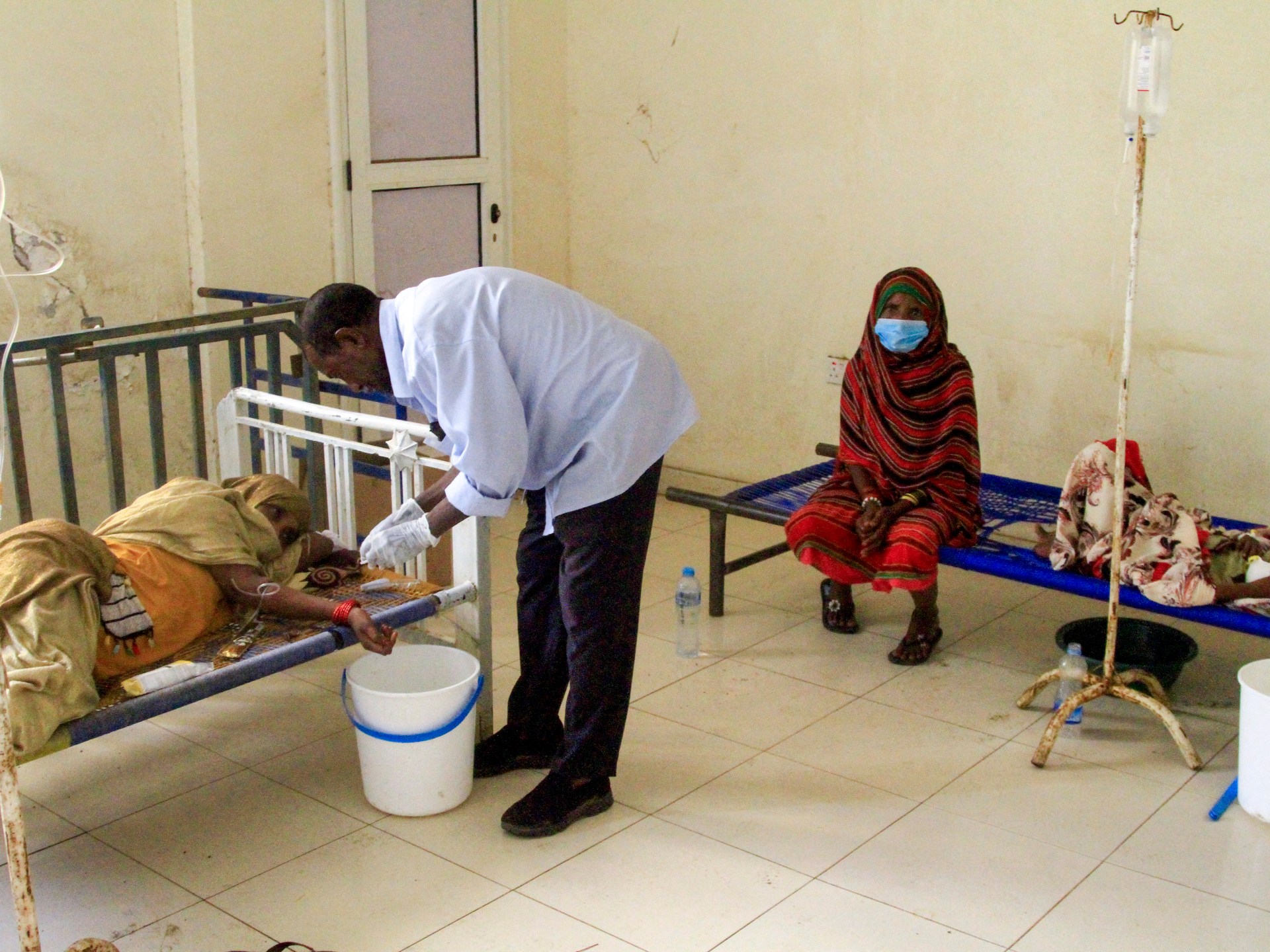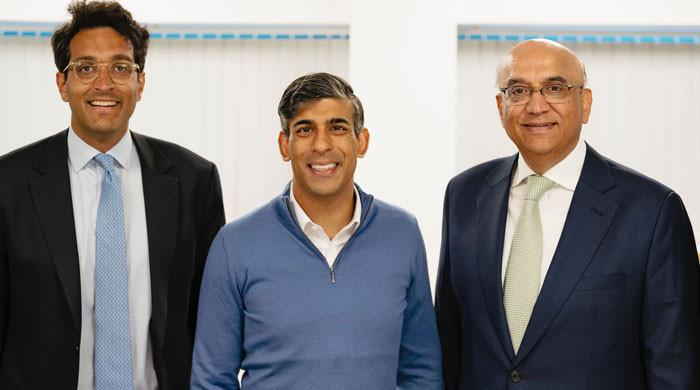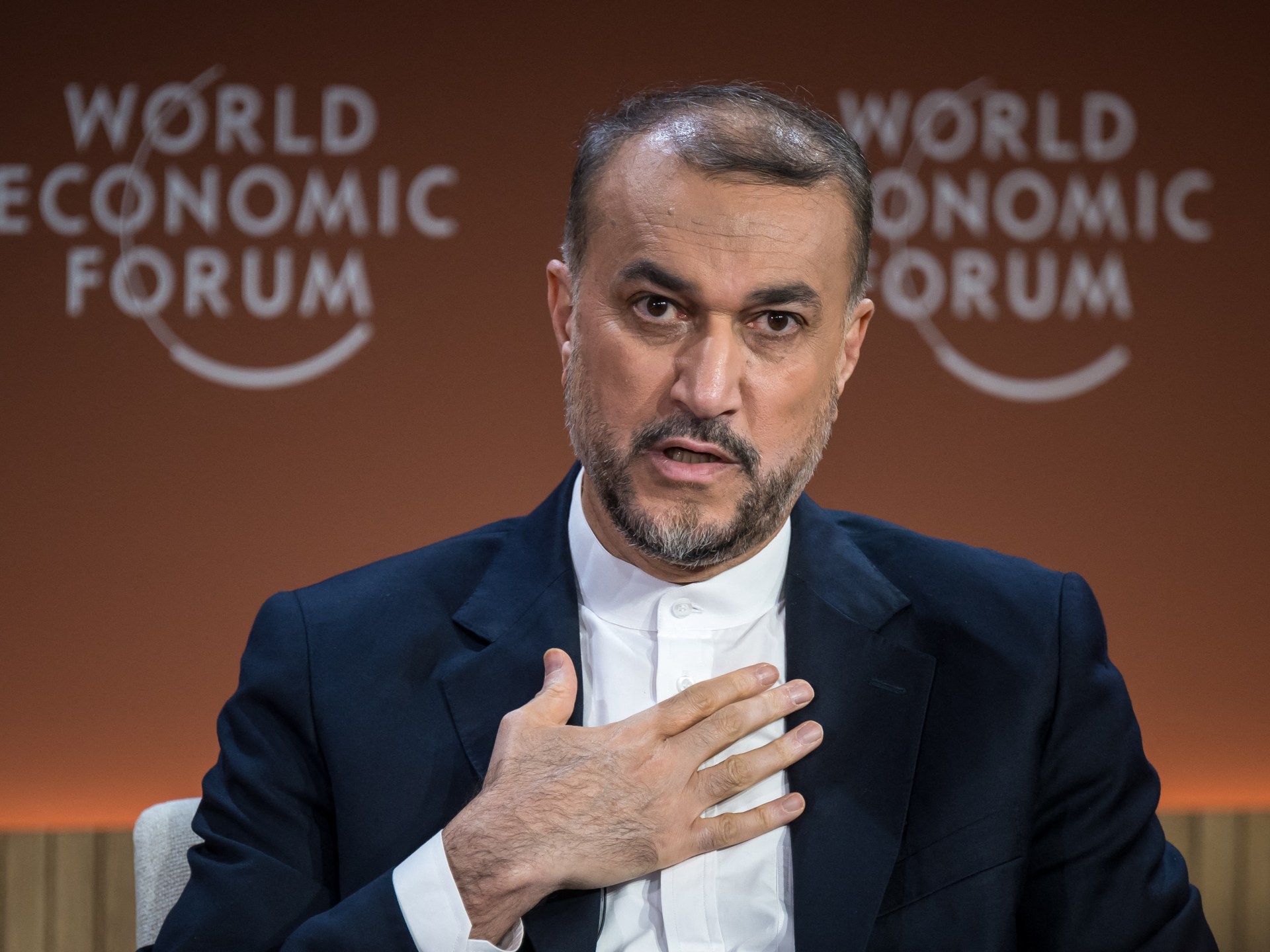French President Emmanuel Macron has promised a comprehensive reform of parental leave in response to the country recording the lowest number of births since World War II. Reuters reported.
The decline, with 678,000 births in 2023, a 7% reduction from 2022 and a 20% drop from the 2020 peak, poses a challenge to France's traditionally strong demographic profile.
France, which differs from its European counterparts in maintaining birth rates, attributes its resilience to a strong health and child care system, along with incentives to have children.
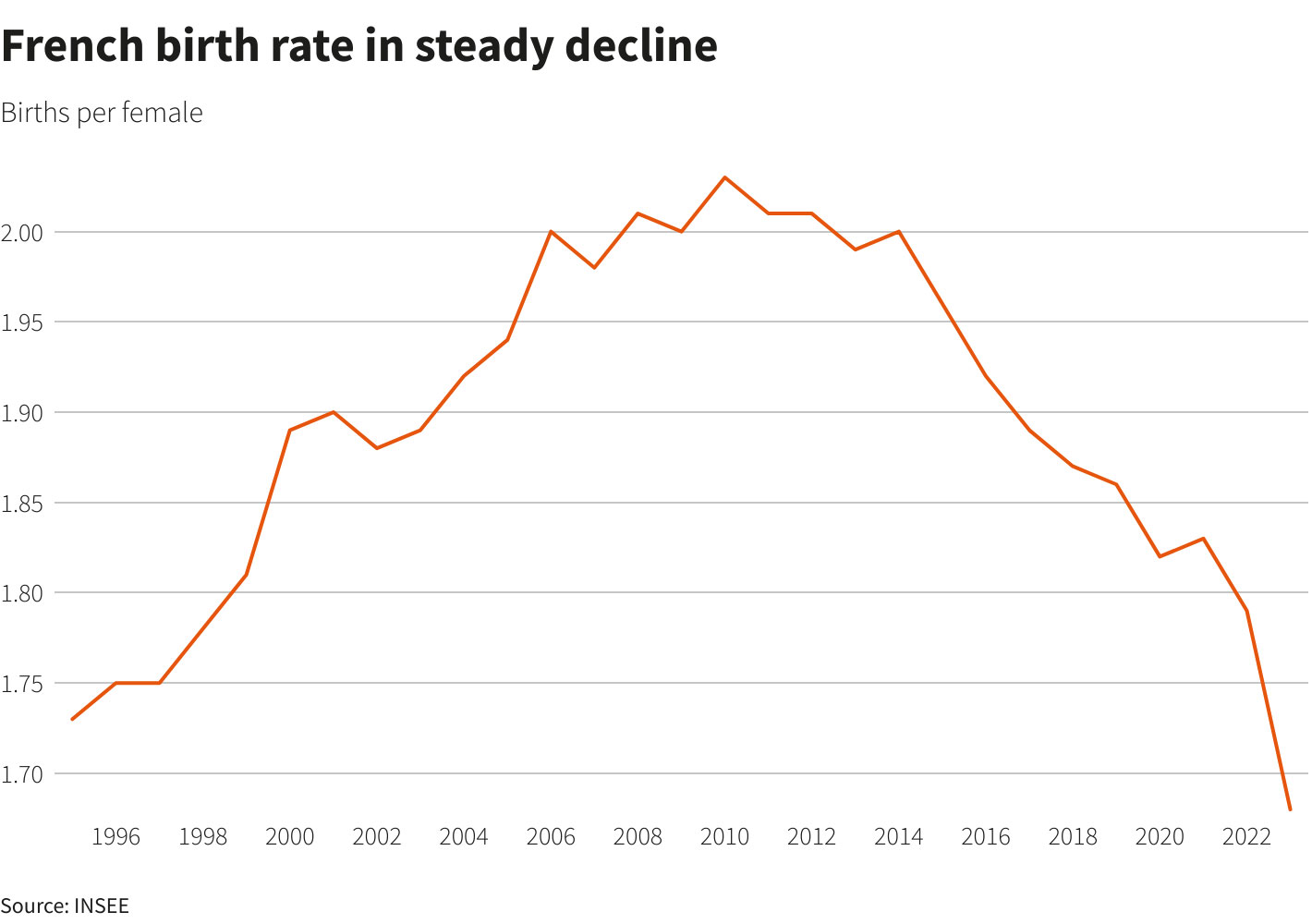
However, demographic changes affect the country's long-term growth prospects, traditionally influenced by demographics, productivity increases and labor force participation.
During a press conference, Macron emphasized the need to revive the birth rate, stating: “France will only be stronger if it revives the birth rate.” The proposed reform includes better paid parental leave, which will allow both parents to spend six months with their children if they wish.
Currently, French fathers can enjoy an additional one-year parental leave, with the possibility of renewal, but it pays just over 400 euros per month. Macron highlighted financial strains and mothers' prolonged disconnection from the labor market as concerns that need to be addressed.
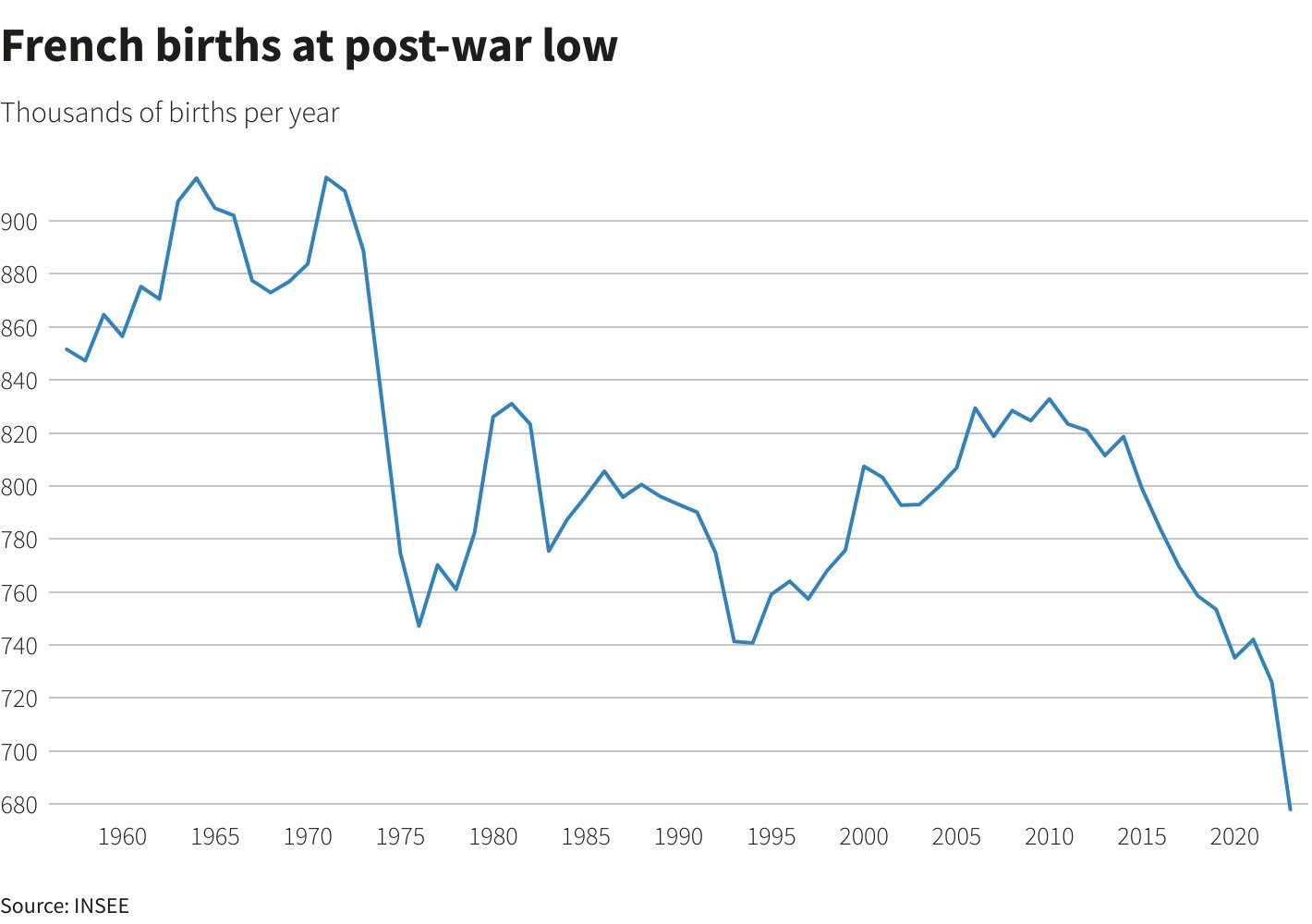
The average number of children per mother hit a three-decade low of 1.68 in 2023, challenging the 2.2 considered necessary for population maintenance in developed countries. This figure is also below the estimate of 1.8 births that supported a controversial 2023 pension reform, raising questions about its impact on reducing the pension deficit.
Household confidence, hit by successive crises such as the COVID-19 outbreak, skyrocketing energy prices and record inflation, has struggled to recover from mid-2022 lows, according to the monthly survey of the INSEE.


